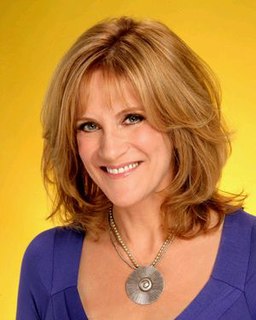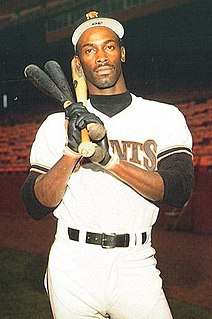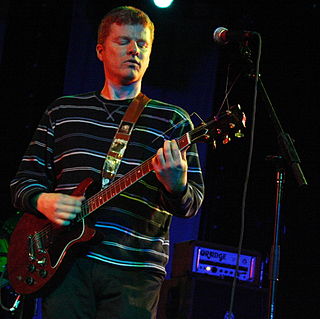A Quote by Carol Leifer
I'm always a big fan of if you approach somebody politely about something and you're not a nudge - you're just pretty honest and simple, my kind of philosophy is that I'm not afraid of 'no,' and that's way different than 'I won't take no for an answer.'
Related Quotes
New laws, new kinds of things can emerge as the universe evolves. The more moving parts you have in something, the more possibilities there are. There's a whole new science now of complexity, and what we see is that complexity requires a very different approach than the kind of bottom-up approach that fundamental physics has always used. We're gonna have to think about the world in a different way if we want to address complex systems.
I think my style revolves around the philosophy that less is more, that simplicity is the ultimate sophistication. That goes for my taste in design and in clothes, and even affects the way I approach music. I'm all about keeping things simple, and minimal, but being able to convey something powerful through that approach.
What you find with really good directors is that they kind of leave you alone. They've hired you because they know the kind of work you do and the sense of how you'd approach it. So usually, they'll just stand back and maybe give you a nudge once in a while in terms of something specific they might want in a particular scene.
The kind of approach I take is different from much of experimental philosophy. Although the experimental philosophers and I are certainly in agreement about the relevance of empirical work to philosophy, a good deal of their work is devoted to understanding features of our folk concepts, and in this respect, at least, I see them as making the same mistake as those armchair philosophers who are interested in conceptual analysis.
My general approach to writing fiction is that you try to have as few conceptual notions as possible and you just respond to the energy that the story is making rather than having a big over plan. I think if you have a big over plan, the danger is that you might just take your plan and then you bore everybody. I always joke that it's like going on a date with index cards. You know, at 7:30 p.m. I should ask about her mother. You keep all the control to yourself but you are kind of insulting to the other person.
I always find it kind of more interesting when people ask questions like, "What were you like as a kid?" Or just kind of personal history stuff, like, "What was the lowest point of your life?" Because that would be like, "Huh, well, I'd have to think about that one." And then give an honest answer. I think a lot of people don't want to give honest answers, or they just are in business showbiz mode when they're talking about stuff, so that's probably why a lot of that kind of thing doesn't get asked.
I think it's funny. There was a time when men were afraid that somebody would reveal some secret of theirs that was unknown to their fellows. Nowadays, they're afraid that somebody will name what everybody knows. Have you practical people ever thought that that's all it would take to blast your whole, big, complex structure, with all your laws and guns - just somebody naming the exact nature of what you're doing?
There are people - I think this is why there are so many commercial directors doing well in big studio movies, for whom it's not a personal choice - it's "What's the coolest, most effective way to make them laugh, make them scream?" It's a very calculated approach. And that's different. It's not better or worse. It's just a very different approach to filmmaking. That's always been the case.
Sometimes I'm trying to communicate a feeling. Sometimes I can't piece it together into any kind of coherant thesis. I'm just trying to evoke some kind of mood, and put some kind of idea in somebody's head. If Marshall McLuhan or Harold Innis were looking at it, they would tell you that the genre of rock music isn't the best way to deliver a political message because it distorts it, it makes it into entertainment. Perhaps the best political message is just to speak it to somebody. I think that's something I'm always writing about in songs, just how to mediate, how to present something.

































